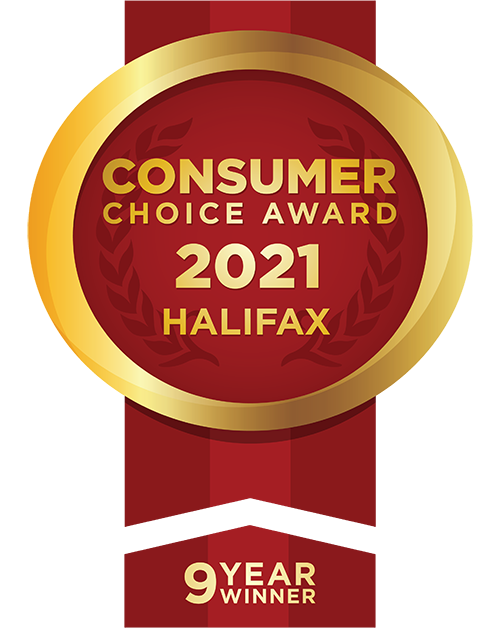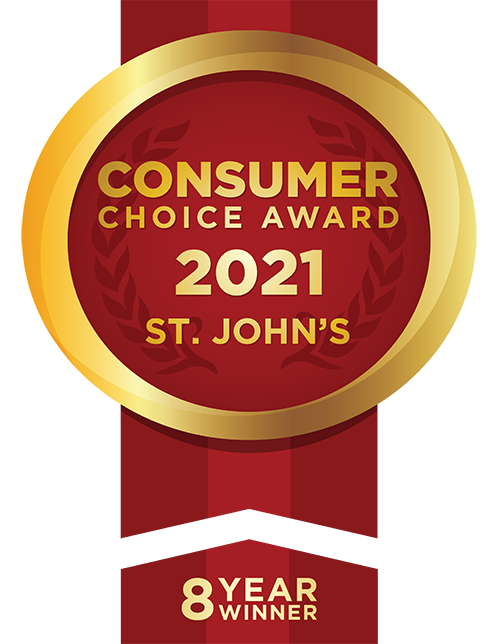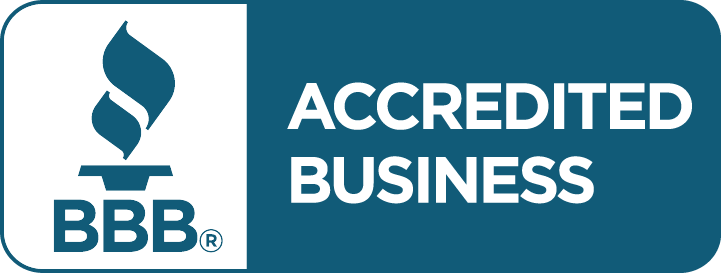You’ve finally retired – congratulations! Now is the time to truly enjoy life after dedicating decades of your life to your career. That is, provided you’ve saved up enough money and don’t have any debt.
While many of us long for our golden years to be full of travel and relaxation, the reality is that many seniors don’t have enough money to do the things they longed to do. Furthermore, more seniors are carrying debt than ever before.
According to a StatsCan study, the median debt-to-income ratio for senior households has more than doubled – from 24 per cent in 1999 to 52 per cent in 2016. The 2019 report says that about two-thirds of this debt is attributed to mortgage debt while the other third is consumer debt such as credit cards.
Additionally, the proportion of senior families that are carrying debt jumped from 27 per cent in 1999 to 42 per cent in 2016. Even more worryingly, 14 per cent had more consumer debt than income in 2016, compared with just 4 per cent in 1999.
Money Management Tips
It’s clear that money stress is very much still an issue for many retirement-aged Canadians. With a reduced income, being cautious with your money is more important than ever. Here are five tips on how to manage your money in retirement so that you can live stress-free.
1. Downsize your life: Now that your salary has stopped coming in and you’re living off of retirement savings and/or a pension, you have to be extra careful with how you spend your money. You should start by downsizing your life and cutting out extra expenses.
For example, you likely don’t need that big house that you raised your family in. With the significant real estate growth in the past several years, you will be much better off financially if you sell your property and downsize. Most likely, you won’t have to carry a mortgage anymore and best of all, a smaller house means less maintenance!
You should also look at your car expenses. Do you really need two cars now if you’re not working? Think about trading in a big gas-guzzler for something smaller and more fuel-efficient.
2. Keep only one credit card: While it’s convenient to pay for purchases with your credit card, the danger is that you will often end up spending more than your budgeted amount without even knowing it. In retirement, like all other stages of life, it is wise to keep only one credit card. Use the card to pay for online purchases or large payments that require a credit card – then pay off the balance in full every month.
3. Practice frugality: If you’re used to living a certain lifestyle, it might be difficult to change your ways. But practising how to live frugally can help change your mindset.
Think about living on a cash diet, where you withdraw only the exact amount of money you need every month and don’t put anything on credit. Think about your purchases carefully and don’t buy anything you don’t’ actually need.
To curb impulse buying, reduce your shopping trips and also cut down the frequency of restaurant or takeout meals. With more time on your hands, you should be able to cook for yourself, which also means healthier meals.
If you can master the art of frugality, it will be one of best money management tips you ever learn.
4. Don’t take out new loans: Retirement is not the time to acquire new debt; it is the time to preserve what you have and to use it wisely and frugally so that it will last beyond your lifetime. If you find yourself looking to take out a loan for whatever reason, ask yourself if you really need what it is you’re buying. Furthermore, if you haven’t already downsized and sold off some assets, perhaps it’s a time to look at doing so in order to fund your purchase.
5. Work with a good financial advisor: No matter how good you are at managing your money, you can still use sound money management tips and budgeting tips from a financial expert.
If you’re retired or about to retire and are concerned about your debt levels, contact Credit Counselling Services of Atlantic Canada. Our accredited credit counsellors can help you find a way to pay down your debt so you can enjoy retirement – after all, you deserve it!











